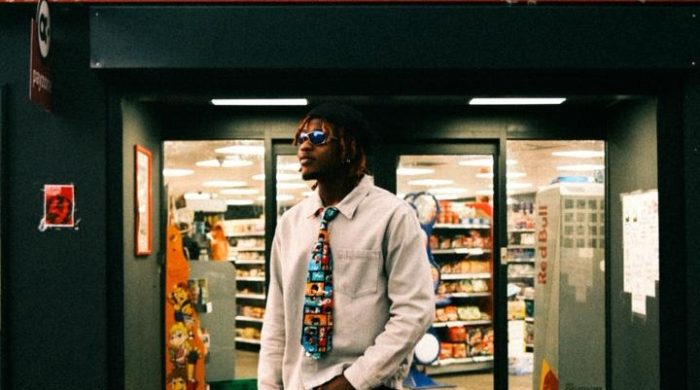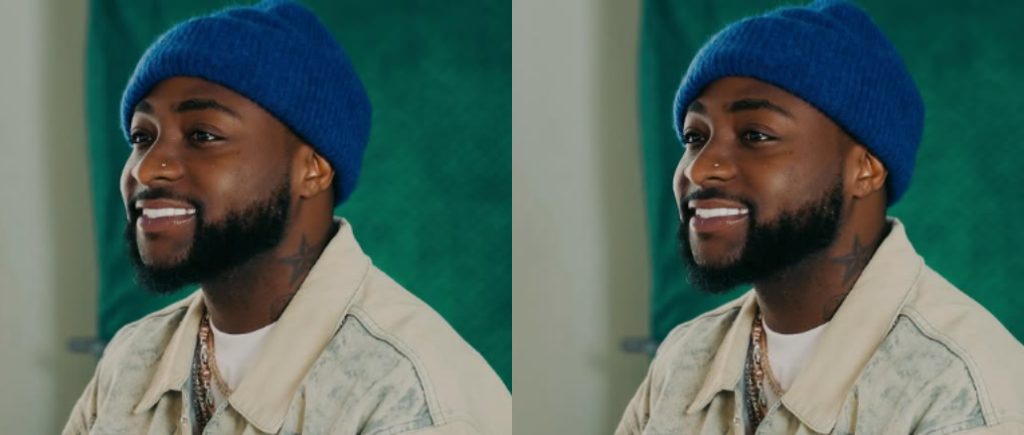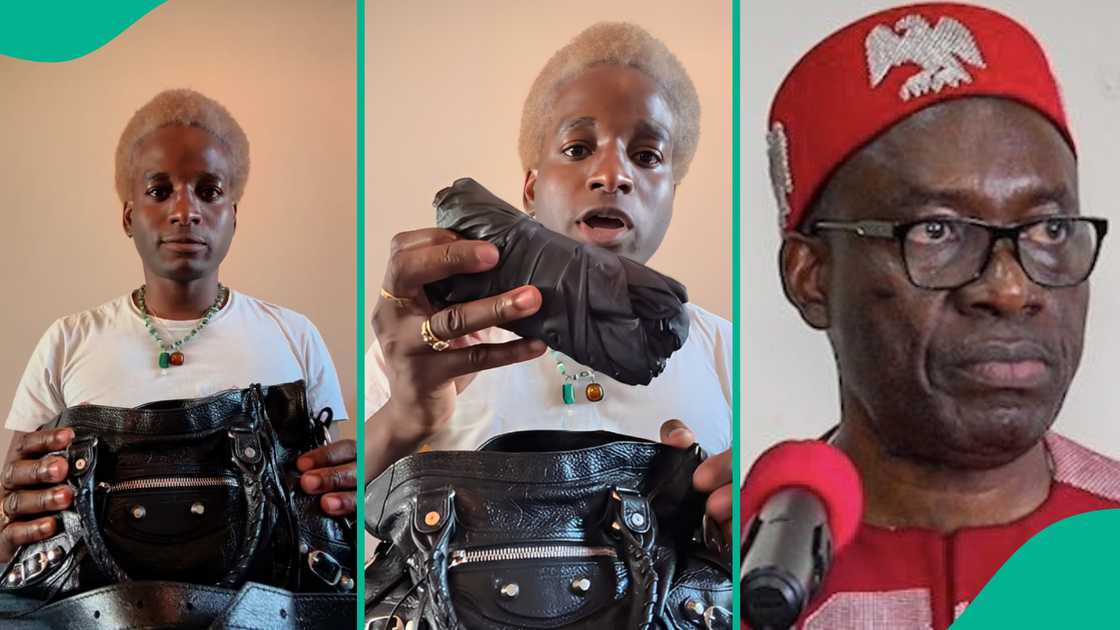The Afrobeats scene continues to vibrate with new stories of love, loss, and reinvention, and Nigerian singer Malik Abdul’s latest EP, Last Summer, is at the heart of that ongoing musical wave. Dropped in the wake of his well-received 2024 debut album Sorry For The Wait, the project features three tracks that blend deep personal reflections with signature Afro-pop and urban influences—inviting listeners into Abdul’s world of sonic storytelling.
The Making of Last Summer: From Heartbreak to Harmony
In an exclusive conversation with Guardian Music, Malik Abdul revealed that Last Summer was born out of raw emotion. He shared, “My project was inspired by a love story that ended abruptly, one that left a lasting impact on me. I fell in love last summer, and even though it didn’t work out, the emotions from that time stayed with me.” These words resonate strongly with young Nigerians and West Africans, many of whom connect deeply with stories about relationships and personal growth in music.
Track-by-Track: Exploring the Soundscape
- Fuji Garbage (with MannytheMan): The EP kicks off with a bold reinterpretation of Ayinde Barrister’s 1988 Fuji classic. The track reconstructs nostalgic elements through a modern lens, introducing younger fans to the foundational sounds of Fuji while fusing them with contemporary Afrobeats. The feature from MannytheMan adds youthful energy and street credibility.
- Like To Party: Shifting the mood, this single immerses listeners in a lounge-inspired groove. Its airy, laid-back rhythm reflects Abdul’s versatility, making it a likely favourite for remain-and-chill weekends or Lagos night outings.
- Oroma: Described by Abdul as “melodramatic urban street pop,” this concluding track closes the EP on an emotive note. The song sees Abdul confronting vulnerability and closure, themes that will be familiar to fans of both classic R&B and new Afrofusion artistry.
The entire playlist was produced by Nigerian talent Unclemezz, whose touch brings a careful balance between traditional tones and urban rhythms. The result? A sound that “bridges my African roots with global influences,” in Malik’s own words.
Personal Stories, Collective Experience
Malik Abdul insists that Last Summer is more than a heartbreak diary—it’s an invitation for listeners to embrace their own vulnerabilities and stories. “I want people to feel that it’s okay to be vulnerable, to fall, to hurt, and to heal, because every moment shapes who you are becoming.” This approach mirrors a broader trend among rising West African musicians who believe in connecting through shared emotion as much as through beats and hooks.
A Young Star Making Moves: Malik Abdul’s Growing Influence
Emerging on the scene around 2020, Malik Abdul has built a reputation with singles like Pele, Taya, and Mariello. His willingness to fuse Fuji, pop, and urban sounds in fresh ways has positioned him as one of the new generation’s more daring voices. According to Lagos entertainment blogger Kemi Ajayi, “Malik stands out because he doesn’t shy away from telling his story. Even with heartbreak, there’s an invitation to dance, reflect, and maybe grow a little.”
His music is quickly gaining traction, not just among Nigerians, but across West Africa—including in Ghana, where local Afrobeats fans are known for appreciating emotionally honest songwriting and inventive beats. With the international spotlight increasingly shining on African music, Abdul’s bridge of local and global sounds has the potential to capture new audiences worldwide.
The Sound of Now: Afrobeats, Fuji, and Urban Pop
Abdul’s approach aligns with what industry analysts consider Afrobeats’ next phase. Mindful of the genre’s rich Fuji and Highlife roots, contemporary artists are now threading in elements of pop, hip-hop, and even lounge music to appeal to homegrown and diaspora listeners alike. As Nigerian music becomes ever more influential—from Lagos to Accra to London—artists such as Malik play a crucial role in keeping ancestral genres alive while charting new territory.
- Cultural Fusion: Blending local rhythms with international production styles.
- Lyrical Honesty: Addressing personal issues with openness and relatability.
- Global Reach: Retaining authentic Nigerian flavours while appealing to audiences abroad.
Streaming, Sharing, and Social Impact
Available now across all major streaming platforms, Last Summer is designed for repeat listening—on long porridge-fuelled commutes through city traffic or for quiet evenings winding down at home. The tracks have also spurred reactions on social media, with many fans sharing their own stories of heartbreak and healing under the trending hashtag #LastSummerEP.
Newcomers to Malik Abdul’s music—and longtime fans—can expect not just catchy melodies but an invitation to join a wider conversation about love, healing, and personal growth within the modern African context.
Looking Ahead: The Future of Malik Abdul and Afrobeats
Malik Abdul’s strategy of blending genres, authenticity, and emotional storytelling is indicative of the bold experimentation shaping Afrobeats’ global journey. As more artists draw from local traditions while embracing international influences, the landscape will likely see continued innovation and cultural cross-pollination.
What stands out in Malik’s approach is not just the music itself, but its message: Nigerian and West African youth are hungry for stories they see themselves in. By sharing his own, Malik Abdul is helping to redefine what it means to be an African hitmaker today.
The Power of Vulnerability in Music
It’s no longer just about the beats—it’s about what the artist is willing to reveal. “There’s strength in being able to say, ‘This happened to me, and I’m still here’,” says music journalist Samuel Adebayo. That honesty may well set the tone for Afrobeats’ future both at home and overseas.
Get Involved & Share Your Thoughts
Have you listened to Malik Abdul’s Last Summer? Which track spoke to you most, and do you think vulnerability in music is what’s driving Afrobeats’ popularity right now? We’d love to hear your thoughts and personal stories!
Have a personal story about love, music, or growth you want to share—or maybe a fresh twist on Afrobeats or urban pop? We’d love to feature your experience! Email us at story@nowahalazone.com to get your story told, or reach out if you’re interested in story sales.
For general support or to drop your opinion about Malik Abdul’s new EP, contact us via support@nowahalazone.com. Join the discussion by commenting below or tag us with #LastSummerEP on social media!
Stay updated with the latest in Nigerian and West African entertainment by following us on Facebook, X (Twitter), and Instagram. Your voice matters—be part of the conversation!










